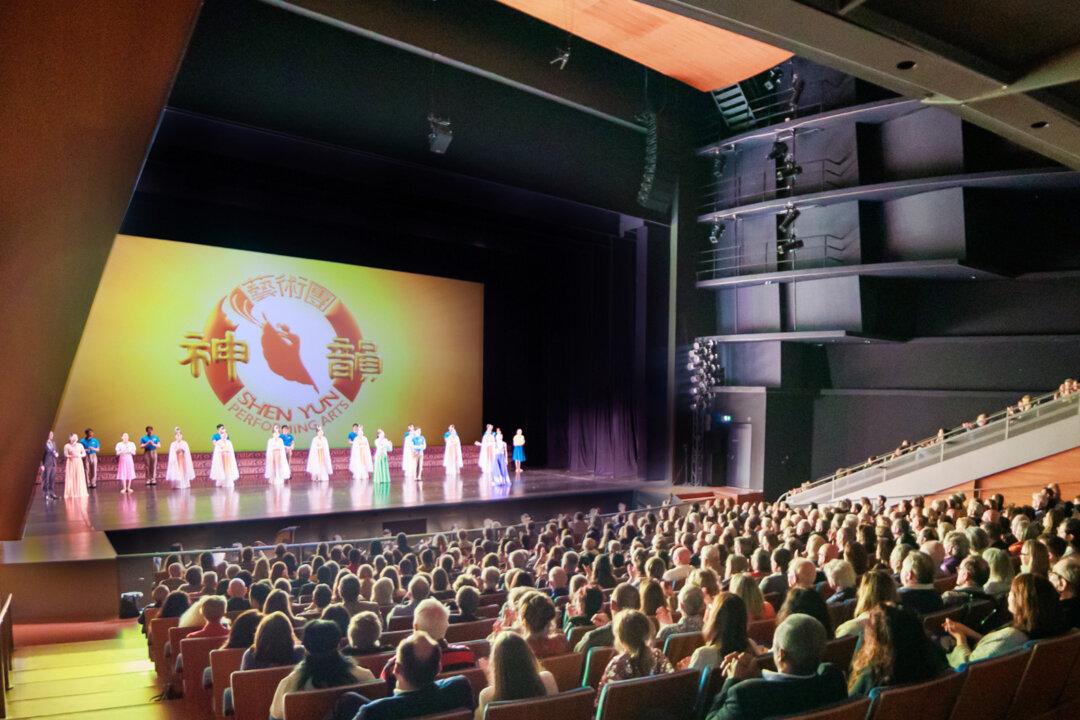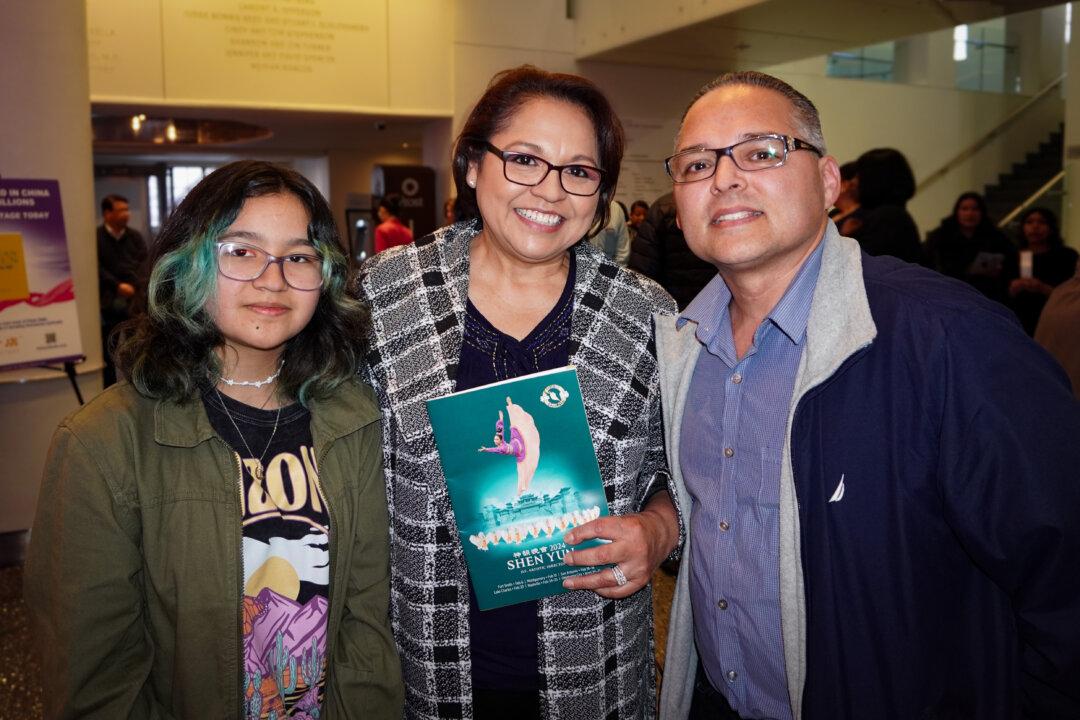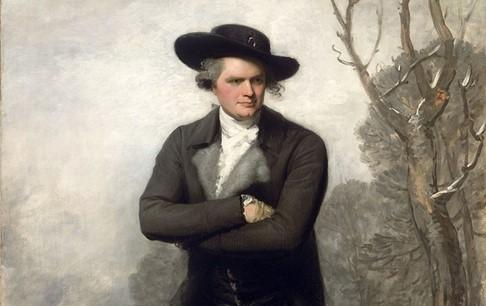MIDDLETOWN--Middletown is planning on breathing new life into long-vacant structures and properties in downtown’s Business Improvement District and the Community Campus. At the common council meeting on Sept. 15, Mayor Joe DeStefano presented an outline of projects he believes will serve as catalysts for future economic development.
The city is heading toward “transit oriented development” and the linchpin for Middletown will be the completion of the Heritage Trail. “The city is working with state, county, and federal stakeholders to extend the trail,” the mayor said. The trail is expected to link businesses downtown to travelers using the trail. The cost, eighty percent of which is federally-funded, comes to $10-$12 million.
Anchored by the Heritage Trail, two breweries, two sports facilities, and a pedestrian walkway are in the works for the Business Improvement District.





